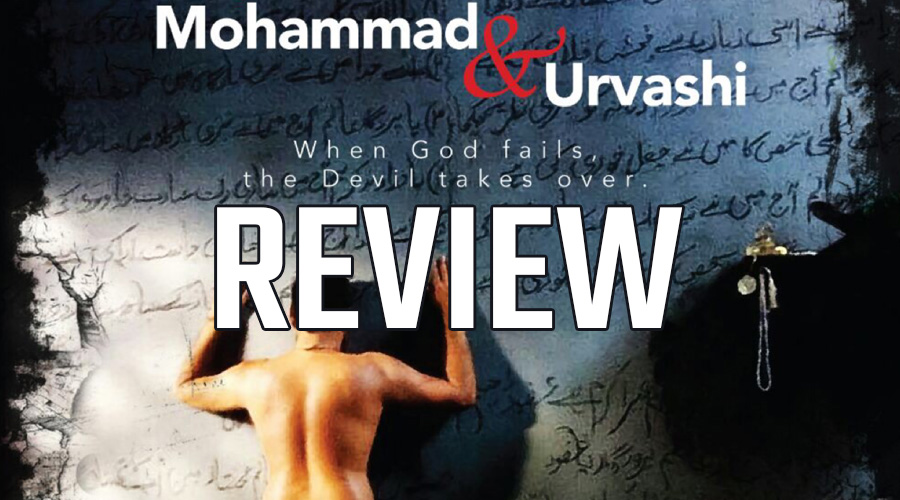Sankrant Sanu. The reviewer is IITian entrepreneur, author and publisher Garuda Publications.
Vivek Agnihotri’s short film “Mohammad and Urvashi” is an insightful take on the notion of karma. First off , I must admit I found the title unnecessarily provocative, but that had perhaps to do with “selling” it. The film itself could perhaps better be called Mohammad’s Karma since that is the real story.
Difficult to review a short without giving out the story but the main protagonist is Mohammad, shown to be an Allah-fearing Muslim. Mohammad is torn between actions he deems “sinful” and his desire to do them. In a way that is all our stories, but the religious dimension exacerbates this. On the one hand is shown as uncharacteristically sensitive—torn with guilt on killing an ant—a sentiment one would associate more with an observant Jain than with others. On the other his desire to steal, to voyeurism, constantly overwhelm him, but come in a package along with his overwhelming guilt, or fear, at having displeased Allah.
From the Indic point of view, the karma and consequence is inherent in the act. Karma itself means action. Thus “reward and punishment” is not something to be delivered by “God/Allah” on judgment day, but accrues from the act itself. Much as slamming a fist into the wall in anger would deliver the pain, not due to “God” but in the very nature of the act. In same cases the “pain” may be separated by time, while the act itself is pleasurable, but karma is still inherent to it.
In Mohammad’s case, he makes his own hell. The guilt of his acts delivers the pain of judgement to him. And even as he tries to bury or avoid it, time catches up. For a short film, rich in symbolism, Mohammad and Urvashi makes you pause and think. And what of Urvashi? Well, see it to find out.
Here is a film. Watch and share your reviews with us.
[arve url=”https://www.youtube.com/watch?v=OJH7SurjUaY” /]


